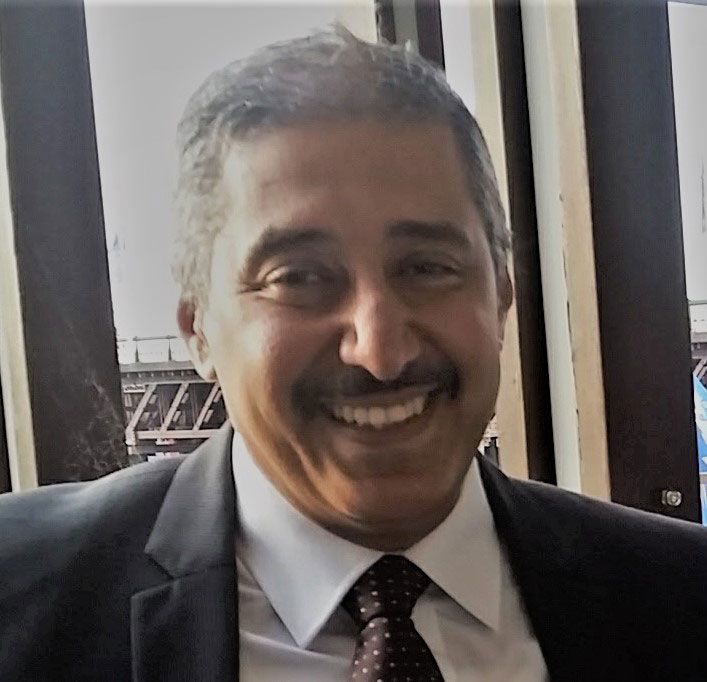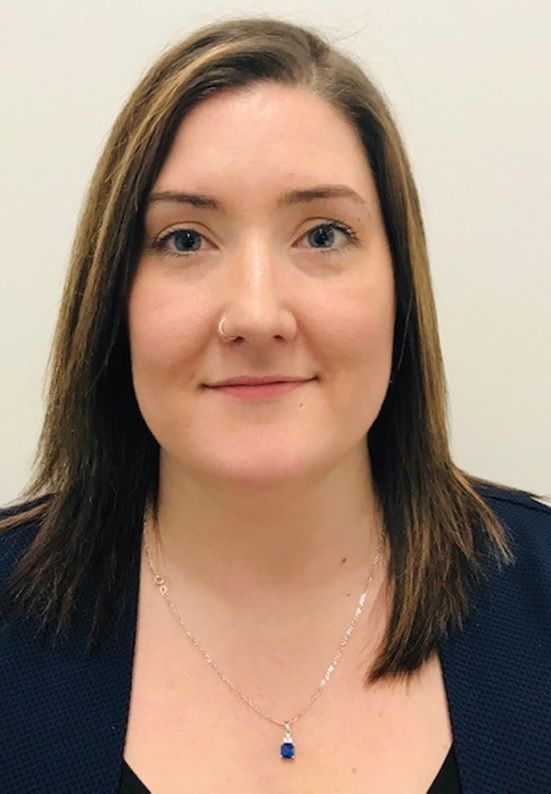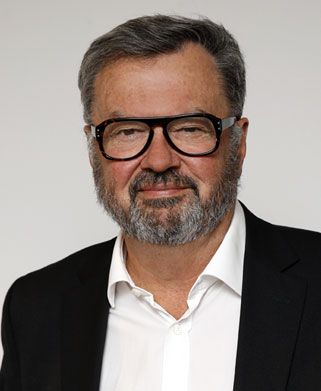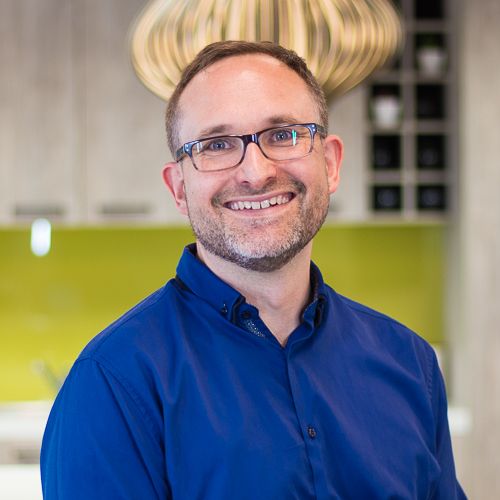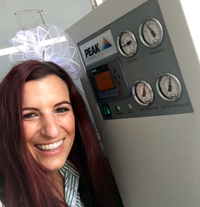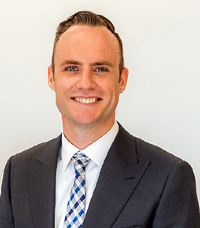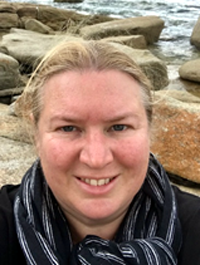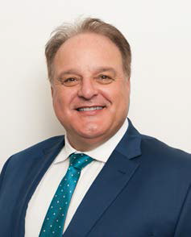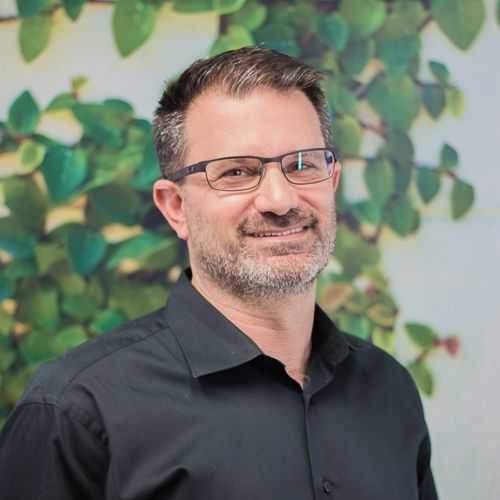
|
|
Dr Mina is a principal scientist with 33 years’ work experience in running and managing analytical and clinical services, research, and education, including strategic planning and financial management in teaching hospitals and the private sector. Dr Mina also has a special interest in managing quality, change management, redesign workflow and service integration. Over the last few years, Dr Mina developed a special interest in digital health such as big data, clinical decision support systems, digital pathology, data curation, and algorithm. Dr Mina will address what Big Data means for patients, payers, device makers and companies, and the huge opportunities and challenges of working with Big Data, Artificial Intelligence and machine learning. |
|
|
|
Jennifer McIntyre has 13 years’ experience designing and implementing control systems for laboratories and currently works with Siemens Smart Infrastructure to develop laboratory control solutions. She has worked for Siemens in Canada for most of her career before to moving to Australia, where she brings experience successfully working with manifolded lab ventilation systems. Jennifer has been involved with design engineering and project management on numerous laboratory projects including consulting services for the BMS and Lab Control System scope. Jennifer will discuss changing our perspective on lab energy management, including digitalisation, changing tactics, new design solutions and the future of fume cupboards. |
|
|
Nikki McDonald |
Nikki McDonald is CSIRO’s internal Change Manager for the ACT Site Consolidation Project and led CSIRO’s first transition to an Activity Based Work environment in the B279 project. Nikki has been with the CSIRO for 15 years, joining the Change team in 2016 for the head office transition to open plan workspace, then leading the change management and relocation programs for 450 research staff into Synergy in 2017. Currently Nikki is leading the change management for the Canberra Collections Accommodation Project, a purpose built facility to house five of CSIRO’s National Research Collections and 200 staff on Black Mountain, and the Perth Precinct Project which aims to rationalise CSIRO’s Perth footprint. Chris Alcock is a director of workplace and change management consultancy Six Ideas. He has been working with CSIRO on the ACT Site Consolidation project since 2014. He has also been providing change management advisory services to the National Measurement Institute of Australia, the Institute of Environmental Science and Research (NZ), the National Institute of Water and Environmental Research (NZ), the University of Melbourne and the Department of Industry, Innovation and Science in Canberra. |
|
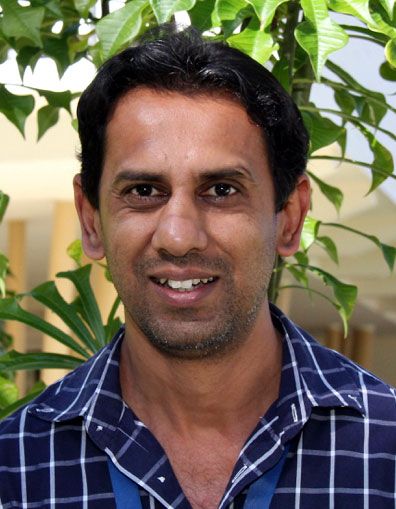 Laboratory Specialist, The Pacific Community |
Vijesh Lal joined The Pacific Community (SPC) as Laboratory Specialist in 2013. Before joining SPC he was working as a senior laboratory technologist based at pathology department in the Colonial War Memorial Hospital for 9 years and then joined the Oceania Society for Sexual Health and HIV Medicine as a HIV/STI laboratory Coordinator. He has worked with Fiji's Ministry of Health and Medical Services to implement new HIV testing algorithms throughout Fiji's laboratories. Using as a case study his work with Villa Central Hospital in Vanuatu, Vijesh will outline the road to accreditation, covering all aspects essential to laboratory operations, including organisational structure, core processes, diagnostic procedures and quality assurance. |
|
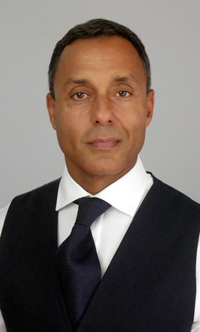 Daren Cumberbatch |
Daren Cumberbatch leads Thermo Fisher’s Digital Science ANZ business. Digital Science provides market-leading laboratory and data management solutions. These solutions enable customers to advance science, increase efficiency, compliance and profitability. Daren joined Thermo Fisher in 2014 as a Chromatography Product Specialist, promoted to Principal Territory Manager, Chromatography and Informatics, and again in February 2018. Previously, Daren worked for AstraZeneca UK in R&D for 13 years developing Oncology and CVGI formulations, using LIMS for 10 years (an “Expert-User”). Daren is a Chartered Chemist (MRSC), graduated in Chemistry from Leeds in 1991 and an MSc in Analytical Chemistry from Huddersfield in 1997. In 'The Digital Transformation of the Lab,' Daren will talk about how our unparalleled informatics capabilities, scientific expertise and innovative technology drives the laboratories workflows from discovery to manufacturing, and introducing the state-of-the-art laboratory data-management solutions which are used by leading pharma/biopharma, food and beverage, clinical and healthcare, industrial and applied organizations. |
|
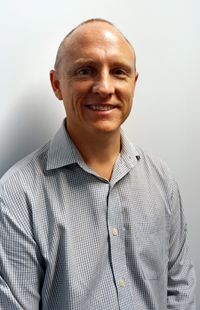 Tim Brinkley |
Tim Brinkley is the Director of the Laboratory & Human Tissues program in the Australian Government Department of Agriculture. Tim is responsible for leading a team that develops import conditions to manage biosecurity risks for a range of laboratory related materials. Tim joined the department of Agriculture in 1999 and has had the opportunity to contribute to a wide range of science based outcomes that are delivered by the department. Tim has an honours degree in Biology from the Australian National University and a wealth of experience and training in leading scientific teams in the government environment. |
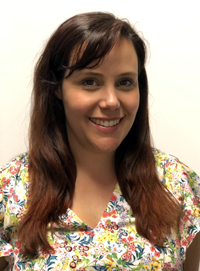 Lauren Lindner |
Lauren has a Bachelor of Science majoring in Zoology at Melbourne University and almost 10 years of experience working in biosecurity regulatory roles. As a delegate in the L&HT section, Lauren uses scientific information and risk management principles to make decisions with regards to the issuance of permits for biological goods. Lauren’s experience also covers many aspects of managing the cargo supply chain, clearance of incoming aircraft and vessels as well as movement of passengers at international ports. Lauren’s technical knowledge in cargo logistics and movement of imported goods assists her current role of designing import conditions that ensure effective movement and clearance of goods whilst managing risk. |
|
|
Steve has worked at the intersection of people, space and culture for over 15 years. His background as a classroom teacher and school innovator reflects his passion for learning, growth, and endless curiosity over what might be possible. His core obsession is the impact of habitats – home, school, office, café, and of course labs, on what people are able to experience and achieve. Steve has presented keynote addresses around the world and has also published academically under peer-review. |
|
|
|
Nicole completed a PhD in Biochemistry from the University of Adelaide, focusing on structure based drug design, looking for novel antibiotics. She then ventured into scientific sales, working for an Australian based distribution company spaning products from Next generation sequencing to -80 oC freezers. Working her way up to a fortune 500 company specialising in analytical Laboratory equipment including LCMS, GC, NMR, XRD and spectroscopy. Wanting to work collaboratively across vendors and provide solutions for laboratories, Nicole now looks after Peak Scientific - a Gas Generation company, specialising in reticulated building supplies to assure scientists get the right gas required for their critical experimental work through to routine – fee for service testing. |
|
|
Mark Bowden is a Stakeholder Engagement Manager at Standards Australia, overseeing the Public Safety, Public Administration, Business & Management and Health and Community Services sector portfolios. This portfolio includes key committees working on Medical Devices, Biotechnology, Laboratory Safety, and Laboratory Design, as well as related Health and Safety oriented committees. Mark will deliver his overview on The Role of Standards Australia and How it Applies to Laboratories at this year's conference. |
|
|
Dr Julieanne Dougherty is a physical chemist with over 20 years of experience working as a forensic chemist and has recently moved into a regulatory role, ensuring that Australia satisfies its obligations to the Chemical Weapons Convention. Throughout her career, Julieanne has followed a strong interest in preventing the misuse of chemicals including; illicit drug use and manufacture; the use of toxins in suspicious deaths; and the use of chemicals as weapons in warfare or terrorist attacks. Having spent many years in laboratories and at crime scenes, she recently transitioned to her current role as Assistant Director of the Chemical Weapons Convention Implementation Section in the Australian Safeguards and Non-Proliferation Office, within the Department of Foreign Affairs and Trade. In her current role she works with industry, researchers and government agencies to ensure that Australia continues to meets its obligations to the international Chemical Weapons Convention. |
|
|
Nick Gannoulis started his career as a Research Scientist at St Vincent’s Hospital in the days when all labs ran on manual, paper systems. As technology developed, improved, and became easier to access, Nick focused on finding better systems and processes to help labs to reach their full potential. With OnQ Software, Nick has worked with laboratories of all sizes and in all industries, and has gathered a unique set of insights to help tailor solutions for each laboratory he works with. |
|
|
With an indepth knowledge and a keen eye for design, detail and finance, Jon has a proven track record in the successful design and construct of laboratory spaces across multiple industry sectors. His 15 plus years within construction together with his engineering qualifications provide him with a strong foundation of experience and knowledge, with a focus on functionality, efficiency, safety and budget. Jon believes in a collaborative approach, challenging conformity, in order to achieve the best outcome for his clients. |

